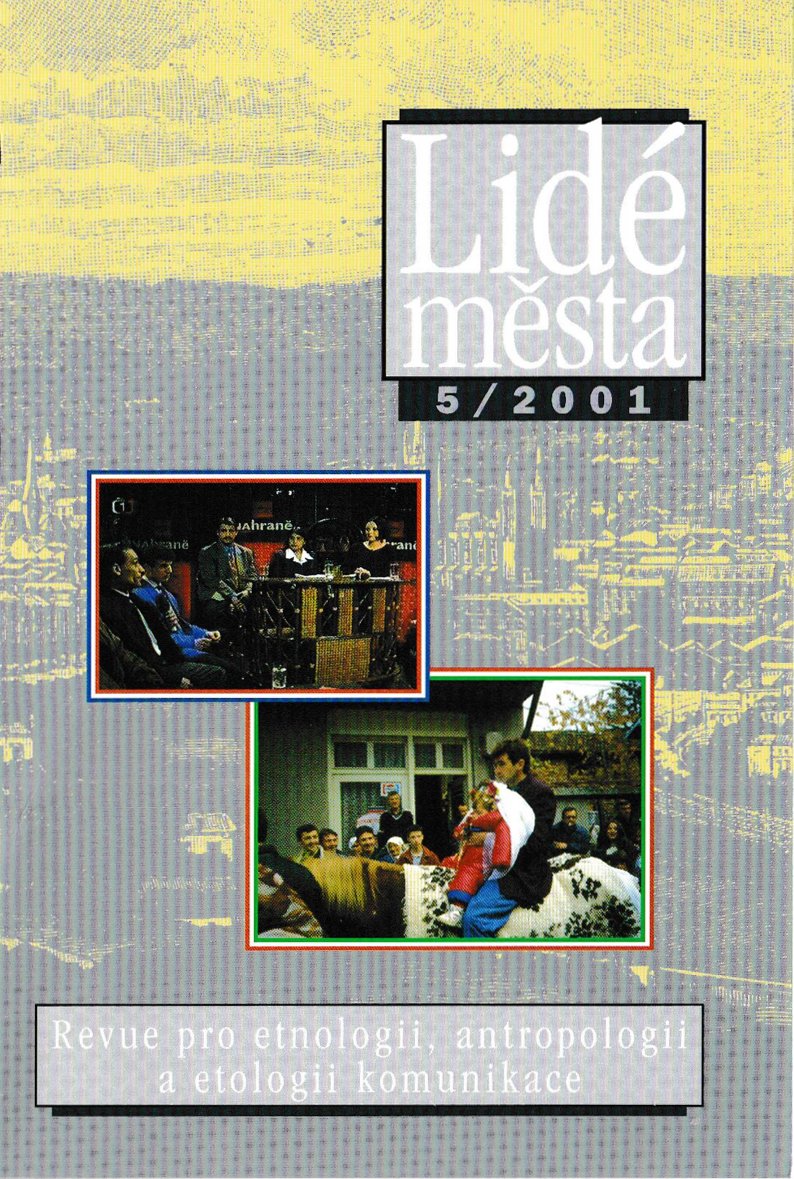Dějinný základ proměny duše v ducha
DOI:
https://doi.org/10.14712/12128112.4098Abstrakt
Methodologically the reflection implements the thought of the historical nature of being (seinsgeschichtliche Denken), discovered by Martin Heidegger. It focuses on an explicit attempt at stressing the historical foundation of the constitution of subject. This is why it briefly examines the constitution of reality (Wirklichkeit, actualitas) from time and indicates the transformation of "accessibility" (ALETHEIA) into certainty as a historical foundation of the transformation of soul (PSYCHÉ) in the notion of spirit (MENS). In topical and historical terms it watches how Descartes, who explicitly rejected the theory of soul to the benefit of the theory of spirit, did not yet materialise the transformation of being into reality because he did not reflect the productive importance of substance. The study therefore makes it possible to see that the notion of "self", coined by Descartes, may be the foundation of modem concepts of man as an acting individual, while the man himself iis not yet understood as an acting individual. In this the reflection sees the specificity of Descartes' position in European philosophical thought.
Stahování
Publikováno
Jak citovat
Číslo
Sekce
Licence

Tato práce je licencována pod Mezinárodní licencí Creative Commons Attribution-NonCommercial-NoDerivatives 4.0.


